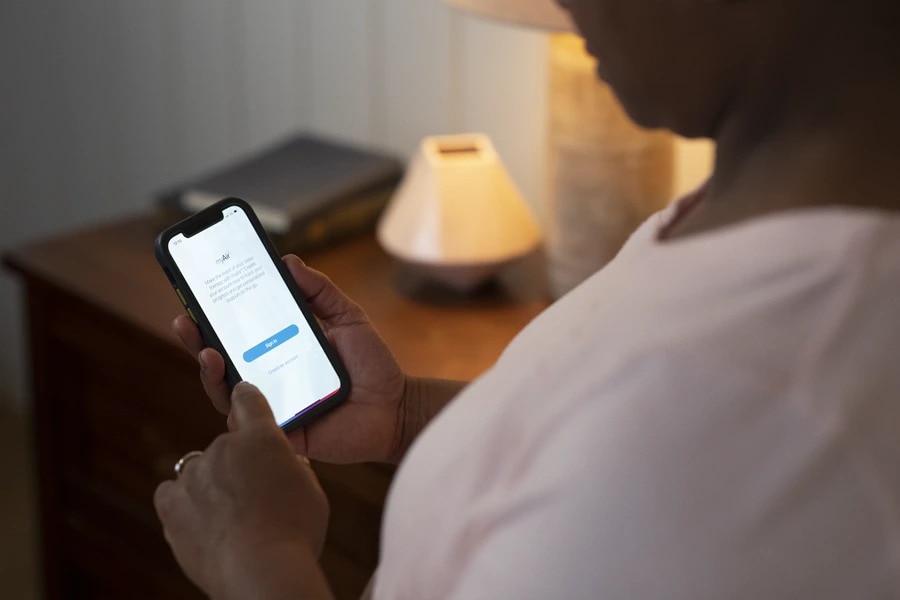How do you feel about travelling or socialising with your CPAP device? Happy that you’ll feel well-rested and able to make the most of your time away? Or anxious that you’ll end up snoring and your travel companions will ask awkward questions about your equipment? We hope the answer is ‘happy’ but if it’s ‘anxious’, you’re definitely not alone. So, what could you do to feel more positive about bringing your CPAP equipment along for travel and social occasions?
Patient Service suite




